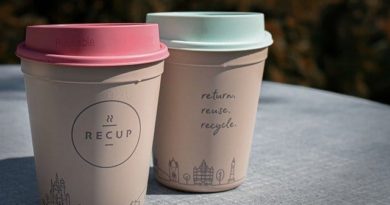How To Recycle Bottle Caps  : Are Bottle Tops Recyclable?
: Are Bottle Tops Recyclable?
Energy Disrupter
Recycle Bottle Caps 
I know what you’re thinking, “This is a real hassle.” Well, I’ve got some good news for you! Apparently, plastic bottle caps are recyclable.
According to an article, we can now recycle in 2019 and 2020 not only metal bottle caps but also plastic ones. Let me explain further.
A Bit About Waster
Before continuing the topic on how to recycle bottle caps, let me first explain why Waster is the right waste manager for you and your business.
Waster offers a real difference to small and medium companies. We provide all waste bin collections on flexible 30-day terms and do not charge hidden extras such as bin rentals, sites fees etc -you will never have to worry about recycling bottle caps!
You can easily arrange your bin services and junk collection today through our online portal. Or, you can call our friendly support team for more information and enquiries. Recycling for your small business has never been this easy!
Click the button below to learn more.
Now, back to explaining bottle caps and bottle tops recycling options!
Recycle Bottle Caps: A Lingering Problem In The Environment?
Nowadays, pollution across the land and sea is rampant – particularly plastic pollution – which we have covered in many of our recent blogs.
According to an article, bottle caps ranks fifth among the most deadly water rubbish materials. Additional reports state that consumers leave behind 80 per cent of the plastic bottle caps found on the beach.
To add some more detail, here are the top 5 common rubbish items that I am talking about.
Top 5 Most Commonly Found Trash On Beaches
- Fishing gear
- Plastic bags and utensils
- Balloons
- Cigarette butts
- Bottle caps
More than 10,000 bottle tops were retrieved from the Dutch North Sea coastline in 2016, alone. If that does not alarm you, then there is more.
Of course, we should not be surprised by how much plastic is in the sea – such as microplastics etc.
More than 80 per cent of bottle caps came from branded drinks and packaging. To add more detail, more than 70 per cent of the bottle caps were damaged. This indicates that the bottle caps found were already there for a long time – as we know that plastic takes almost forever to fully breakdown.
To expand and enlighten more, here is the statement from Floris van Hest, director of North Sea Foundation:
“Plastic caps are among the top five most commonly found items of litter on beaches worldwide. We hope that this report encourages industry, governments, and citizens to help resolve and reduce plastic cap pollution so that we can maintain a clean, healthy ocean and a well-functioning ecosystem, in our beautiful North Sea and other oceans worldwide.”
Last year, a viral video made rounds all across the internet that shows a gutted fish full of trash – which also contained bottle caps.
Here is the video (CAUTION: this video may not be suitable for viewing. Viewer’s discretion is advised):
[embedded content]
Take note that fish are not the only ones suffering from pollution. For example, people once discovered a turtle with a straw in its nose! See our blog on recycling chip packets.
For more information about straws, check out our blog here -it also involves a debate about whether you can recycle it or not.
[embedded content]
Back to bottle caps, an estimated 20 million bottle caps were found during beach cleaning activities all around the Earth. To add, nobody knows the exact amount on how many of bottle tops wash up onshore.
The ocean plastic we see is literally the tip of an iceberg – with 90% plus underwater or invisible to the eye.
Bottle Tops: Everything Is Possible!
Before anything else, take note that you should recycle bottle caps without their designated bottles.
Remove and collect them first before anything else; separate them from their designated bottles. Read our recycling separation process while you’re at it.
Plastic Bottle Caps
For years, recycling collectors rejected plastic bottle tops because of their size.
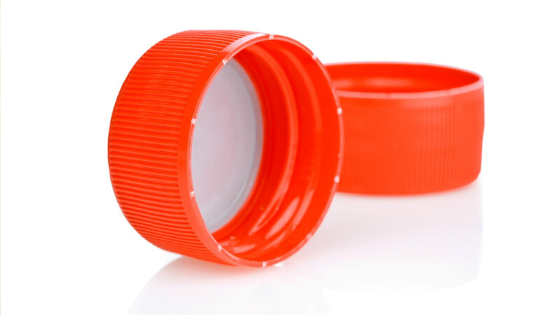
They either slip and fall off through the machinery or straight-up just ruins the machinery.
That all changed just recently, as more and more facilities are already accepting plastic bottle tops – albeit with some processes to do first.
Make sure that you put all the collected bottle caps into a container with no air in it. With this in mind, take note that if there is air trapped in the container, the bottle tops will shoot off and damage the machinery in the recycling process.
Metal/Aluminium Bottle Tops
Compared to plastic bottle caps, bottle tops made of metal and aluminium are easier and much more desirable to recycle. You just have to collect all metal and aluminium bottle caps and bottle tops in a container for later recycling.
Remember to seal your container tight to make sure that the bottle caps are properly stored to avoid jamming the machinery that processes the bottle tops.
Metal Caps From Jars
Recycling twist caps from jars is also possible! Just make sure that you properly rinse out the residue that the cap contains; afterwards, put it in a proper waste bin for future recycling.
To sum it all up, recycling any kinds of bottle tops is possible for as long as due process is followed for proper recycling.
TerraCycle
As mentioned above, recycling facilities usually do not accept bottle caps because of their size. However, TerraCycle can accept and recycle bottle caps. They run a recycling program that involves a Zero Waste box. Further instructions will be discussed below.
First, check out our Bottle Caps – Zero Waste Box page if you plan on purchasing.
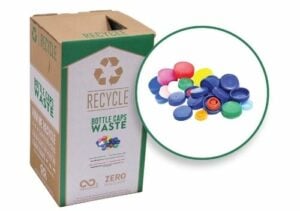
- Pick the box size you want to purchase – either small or medium for bottle caps.
- Only put the appropriate type of waste here. In this case, recycle any brand of plastic or metal bottle caps. We will discuss more details with you through our statements below.
- After you filled it up with the appropriate items, you can then ship the box to TerraCycle. Use the pre-paid shipping label affixed to the TerraCycle box. Rest assured that your sent items are recycled properly and safely.
Also, for you to ensure the proper recycling of your sent waste, remove all the excess or unnecessary products. Never let the purchased box get wet to prevent damage.
Do not send in bottles, liquids, or other types of beverage packaging.
Other Way To Use Discarded Bottle Caps
There are other ways on how to use discarded bottle caps. Artists nowadays are getting more creative. They also use discarded bottle tops to create art with them.
Here is an example of how to use bottle caps as art.
Another way to utilise and benefit from bottle caps is to check if it is rare and sell it to collectors. In Australia, you can also, of course, donate the plastic bottle caps to an organisation like Envision. They use bottle caps to manufacturer prosthetic limbs for patients – and have collected over 5m bottle tops in Victoria alone!
*Update on this: the Envision project has ended already, but you can still find ways on how to recycle your bottle tops!
[embedded content]
Conclusion On How To Recycle Bottle Caps
Bottle caps are possible to recycle. With the right process and collection, local facilities will accept your collection of bottle tops that you put in your trash bin.
There are other alternatives to using instead of plastic, metal, and aluminium bottles. Check our blog about sustainable packaging to get a clear idea of how to be environmentally friendly.
The North Sea Foundation also introduced solutions to deal with the bottle cap pollution:
- government: introduce deposits for disposable plastic (single-use) drink packages, including the caps.
- industry: develop new types of packaging so that plastic leakage will no longer be a problem.
- consumers: use as many reusable bottles and caps possible, and dispose of waste properly.


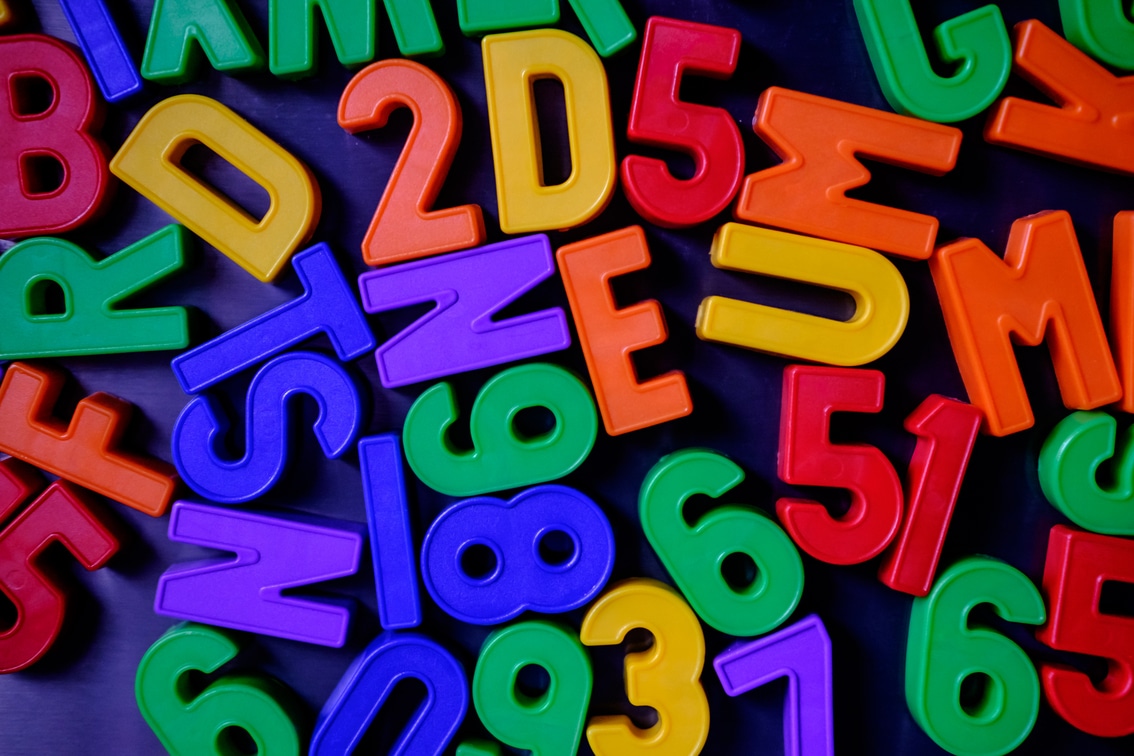

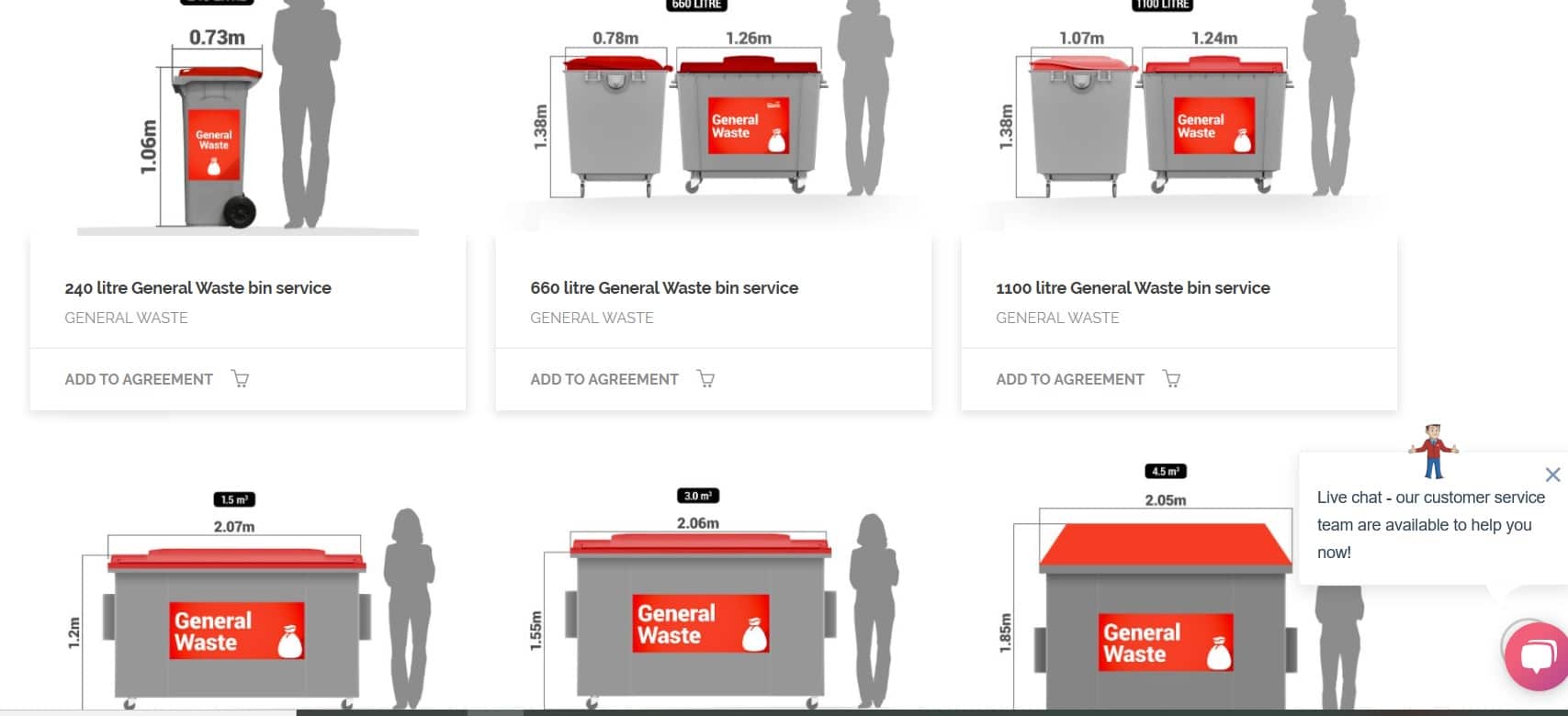
 : Commercial Bins Better Than Council Service?
: Commercial Bins Better Than Council Service?
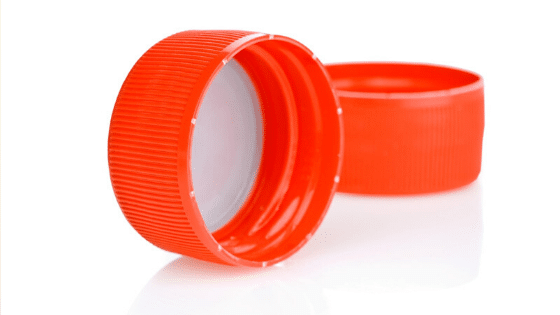

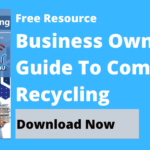
 : The Best In The World
: The Best In The World




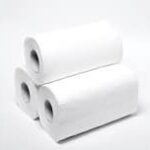




 – Is Such A Thing Possible?
– Is Such A Thing Possible?